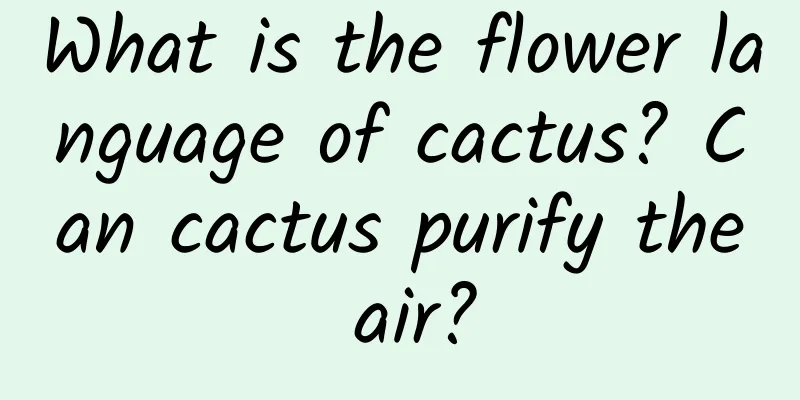Why does my chest hurt?

|
Chest pain is breast pain in women. This phenomenon is very common in daily life. It is caused by both physiological factors and diseases. It is not easy to judge simple pain. It also depends on whether there is a lump. If both exist at the same time, it is likely to be a breast disease. However, we can first understand the causes of breast pain. So, what causes chest pain? Let’s take a closer look at it. 1. Adolescence.The earliest breast pain in girls usually occurs between the ages of 9 and 13. At this time, girls' breasts begin to develop, their nipples bulge, and they feel a slight swelling and pain. 2. Premenstrual period. Many women experience symptoms such as breast fullness, hardness, and tenderness before menstruation. These two conditions generally do not require treatment and will resolve on their own. 3. Ovulation period. Many women experience breast swelling or nipple pain during ovulation, and sometimes the nipples are simply unable to be touched. The breast pain may also continue until the eve of the next menstrual period.
If a woman is pregnant, it may be because the placenta and villi secrete a large amount of estrogen, progesterone and prolactin, which causes breast hyperplasia and breast enlargement. This is a kind of physiological pain and generally there is no need to worry too much. 5. After sexual intercourse. People with low libido or disharmonious sex life cannot achieve sexual satisfaction, so breast congestion and swelling are not easy to subside, or they subside incompletely. Continuous congestion will cause breast pain. In addition, excessive movements during sexual intercourse can also damage the nipples and cause pain. 6. The underwear is too tight. If the underwear is not suitable, doing a lot of exercise will cause local pain due to friction. Breast pain should be careful of breast hyperplasia The breast is the target organ of endocrine hormones, which means that under normal circumstances, that is, during endocrine changes in the menstrual cycle, breast tissue will be affected by endocrine hormones and undergo physiological changes. The breast will undergo cyclical proliferation and involution during the menstrual cycle, which manifests as fullness and mild pain in the breast before menstruation. The breast pain will be reduced or disappear after menstruation. This physiological change is a normal phenomenon for women of childbearing age, but the degree of breast pain varies from person to person. If this physiological proliferation exceeds a certain range or is incomplete, it will cause breast tissue hyperplasia over time, which is generally referred to as breast hyperplasia. It can be seen from this that breast hyperplasia is a benign proliferation and degeneration of breast tissue. In essence, it is neither inflammation nor a tumor. But clinically speaking, it is one of the common causes of breast pain in women. It is more common in young and middle-aged women. There is thickening of breast tissue in the upper outer part of the breast, which is soft and tough. Sometimes a lump with unclear boundaries is formed, but it rarely adheres to the surface skin and there is no enlarged axillary lymph nodes. Most of the time, it is bilateral. The pain can radiate to the armpits, shoulders, etc. The pain often eases after menstruation.It is generally believed that breast hyperplasia is caused by endocrine hormone imbalance and sex hormone metabolism disorder, which causes excessive estrogen secretion in the body, leading to physiological breast hyperplasia and incomplete involution. In addition, the liver's estrogen inactivation function is abnormal, so that excessive estrogen causes adverse stimulation to breast tissue and causes breast tissue proliferative lesions. Traditional Chinese medicine believes that breast hyperplasia is caused by emotional discomfort, liver qi stagnation, weak vital energy, and poor circulation of qi and blood, which lead to qi stagnation, phlegm coagulation, and blood stasis, which stagnate in the breasts and accumulate over time. |
<<: Pain when pressing on both sides of the chest
>>: Pain in both upper chest areas
Recommend
What are the reactions on the first day of taking the medicine?
Nowadays, many pregnant women choose medical abor...
What should I eat during menopause with irregular menstruation?
During menopause, many women will have some irreg...
What is the cause of yellow vaginal discharge in early pregnancy?
Pregnancy is such an amazing and magical thing fo...
How long will it take to give birth if there is edema before delivery?
It is very hard for women to be pregnant, especia...
What are the dangers of climbing stairs after childbirth?
Now the living standards have improved a lot, peo...
A man vomited for more than a year and had a craniotomy to remove parasites. The cause turned out to be this kind of hot pot that everyone eats
Speaking of bullfrog, it is a favorite on many pe...
Beware! These four symptoms may indicate femoral head necrosis. Immediate medical attention is the key
Femoral head necrosis, also known in medical term...
How to treat light menstrual flow and dark color
Every woman can treat and regulate her body accor...
The 6 most useful exercises for anterior pelvic tilt
Are you worried about the anterior pelvic tilt af...
Can B-ultrasound detect endometritis? What should I pay attention to?
Because gynecological diseases are relatively com...
What do uterine contractions mean during menstruation?
Uterine contractions during menstruation indicate...
What does it mean when a woman's right eye twitches?
Sometimes eye twitching may occur inadvertently, ...
Vegetable recipes for pregnant women
Many pregnant mothers around us often suffer from...
Reasons why girls look older
After the age of 25, girls' physical conditio...
Will I get pregnant if I do it before my period?
The few days before menstruation is the safe peri...









